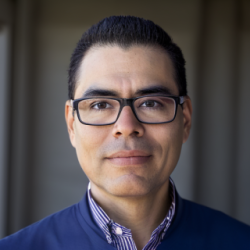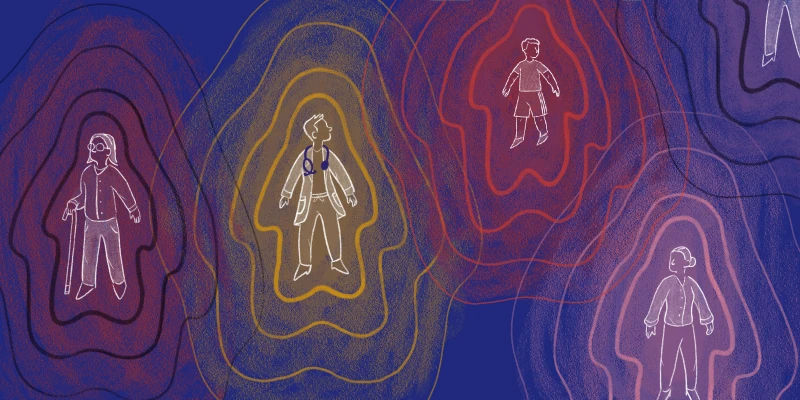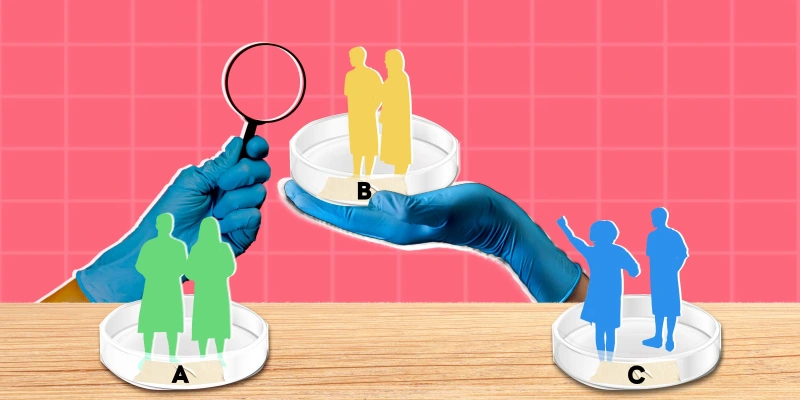
The education of physicians in the United States is in revolution. New York University is offering full scholarships to its medical students. There are calls to disrupt the eight-year college-medical school admissions pathways. However, we have become so caught up in devising ways of how we educate physicians that we have neglected an issue that is quite possibly even more pressing — Are we realistically preparing physicians for a dynamic healthcare milieu?
Over the past 100 years we have witnessed the informational revolution that has resulted in an explosion in medical discoveries and have thus extensively broadened the required knowledge base for mastery in medical training. The shift from a medical education focused on the ethos of physicians to the rigorous, science-based curriculum of today may be the very fault that is creating our current dilemma. Given this, it has become increasingly difficult for medical students to learn the breadth of knowledge that is expected of them in the short 4 years of medical school. And in actuality, the clinical knowledge component is shrunken into two years.
Outside of the mass of knowledge required, medical students, if they want to match in competitive specialties, have to contribute a substantial portion of their time in medical school to conducting research and publishing papers. The integration of basic sciences and translational research is vitally important. However, the reality is that the majority of young or old physicians will not practice in the marketplace of the ivory tower. They will practice in a world of insurance pre-approval, Medicaid funding crisis, accounts receivable, billings, and collections.
Can we say, in good faith, we have prepared physicians for this world[MRP1] ? A study conducted by Roberts et al at the University of Massachusetts showed that newly practicing physicians felt that they were not well prepared to handle aspects of the job such as patient scheduling, and did not possess the ability to participate in management decisions regarding cost-effective medical practice. This only compounded by the financial burden that NYU has chosen to alleviate, but also drives physicians into the arms of hospitals waiting to employ them. Once upon a time becoming a physician meant being your own boss, but we are afraid those days are numbered. We have seen a measurable increase in the percentage of employed physicians compared to the number of physicians who run independent practices. In 2007, over 60% of physicians were independent which has declined drastically to only 35% in 2015 according to surveys run by the AMA and The Physicians Foundation (American Academy of Family Physicians).
This mismatch between training and the real-world has become even more accentuated as our society as a whole has been expecting more from their healthcare providers. It has become obvious that the “simple” diagnosis to treatment methodology that has defined the medical field for the majority of its existence has become difficult to balance with the need to treat the patient in line with socioeconomic concerns. The physician is no longer the subject-matter expert. They are the leader of a complex healthcare team in a complex healthcare world.
Is that a sustainable educational model?
Organized medicine has different political action committees and organized governing bodies that seek to impact the socio-economic sphere (Council of State Neurosurgical Societies). But how are we going to educate our young physicians to be active and responsible participants in this process?
We need physicians who are able to understand the current social climate in a way that allows them to care for patients in an efficient and cost-effective manner. We need an education system that teaches future physicians to understand the societal and economic issues outside of the clinic so that they can spend less time clicking boxes and more time understanding their patients and how to lead in their local healthcare environments. Long gone are the days when physicians could run a successful practice using only the tools and skills they learned in their medical training. We need to embrace this truth and educate our future physicians about the realities of running a medical practice.
Christopher Storey MD, PhD is a neurosurgeon and a lead editor of The Business, Policy, and Economics of Neurosurgery.
Connor McGuigan is an undergraduate student at Cornell University and the socioeconomic research fellow with the Neurosurgical Advancement Foundation.






